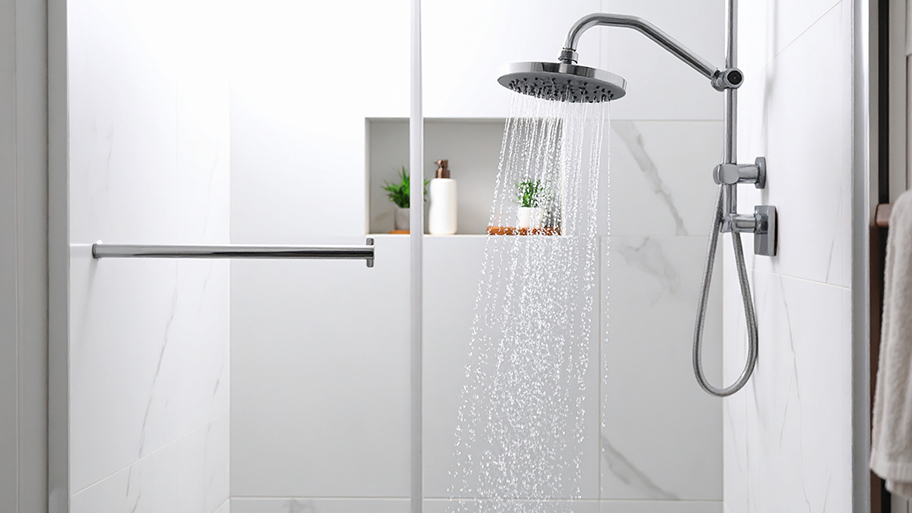
Water softener repair costs can add up, but they’re almost always worthwhile. Use this guide to see what your project is going to cost before you get started.
Distilled water is more than 99.9% pure water


Distilled water is a type of purified water that removes 99.9% of impurities.
Water softener systems for distilled water cost around $1,200 to $4,000.
Distilled water doesn’t have natural minerals.
Distilled water may have a flat taste.
When you pick up a bottle of water at the store, you’ll see several options, including spring water, filtered water, and distilled water. And, while water is just water to some, not all water is made equal. In fact, some types of water are better than others, depending on the situation. Learning what distilled water is can help you determine if it’s the right water for the job, so stay tuned to immerse yourself in all things distilled water.
Distilled water is a 99.9% purified form of water. It contains no minerals, inorganic, or organic compounds. The process of making distilled water involves several steps, including boiling, evaporation, and the collection of water vapor. Cranking the temperature kills bacteria and viruses while collecting water vapor removes hard minerals and heavy metals—leaving you with some of the purest water available.
Distilled water differs from other kinds of water you can find in your tap or at your grocery store. Let’s break down the different types of water to see how they compare.
| Types of Water | Features |
|---|---|
| Distilled Water | All impurities are removed via boiling and capturing water vapor |
| Filtered Water | Filtration system removes chlorine and sometimes other minerals |
| Hard Water | Basic filtration removes large debris, leaving heavy minerals |
| Purified Water | Filtered water leaves behind beneficial minerals |
| Spring Water | Comes from aboveground and requires chlorination or ozonation during transport |
| Well Water | Comes from underground and requires chlorination or ozonation |
To recap on distilled water 101, this type of water softener is produced through boiling water and collecting the water vapor to remove contaminants, organic organisms, minerals, and metals. Once the steam cools, you’re left with purified water that lacks natural minerals.
Filtered water is a common type of water that you'll find when you run to the store for a bottle of water. This water type comes from municipal tap water and is filtered to remove chlorine and sometimes other minerals. The water is then ozonated and placed into bottles. Since filtered water is only mildly filtered, it still retains many of the natural minerals.
Hard water is your typical tap water that comes out from your faucets. This water only has the most basic filtration methods, including added chemicals to separate contaminants, sand filtration to remove larger particles, and chlorination to kill viruses, bacteria, and other microorganisms.
While hard water is the cheapest type of water, it can cause all kinds of problems. Since heavy minerals don’t get filtered out, you’re exposing your body, home, and appliances to chlorine and calcium, which can dry the skin and cause limescale which decreases the life span of your plumbing system and appliances.
Purified water is one of the most expensive types of water on the market. Much like how all squares are rectangles but not all rectangles are squares, distilled water is purified water, but not all purified water is distilled water. Remember, distilled water is one of the most purified types of water, containing 99.9% pure water. Purified water, however, is made through several processes, including distillation, reverse osmosis, and deionized filtration.
According to the Environmental Protection Agency (EPA), purified water must not contain more than 10 parts per million of total dissolved solids—that’s a maximum of 0.001%. This water type takes filtered water to the next level by removing nearly all particles, though some purification systems add minerals back into the water after the filtration process for added flavor and health benefits.
Though spring water originates from underground, spring water comes from water that has made its way above ground. Since spring water starts out as well water, it needs a filtration system in place to remove impurities—which can be hard to do on a larger scale if all of your water is above the ground. Homes with a natural spring on the property may be able to install a well underground to access the water.
The bottled spring water you see in stores goes through a unique process that differs from well water. Spring water gets pumped out from the source and goes through a chlorination or ozonation process to prevent contamination during transportation. Once it arrives at a facility, the water receives a similar treatment to tap water, with the added bonus of chlorine removal.
While most people don’t fetch a pail of water from wells in the U.S., your home may sit on the perfect land for drilling a well or may already have a well in place that delivers water throughout your home. Unlike spring water, which comes from above the ground and needs extra steps to filtrate contaminants, well water is already filtered from microorganisms thanks to the many layers of rock that serve as nature’s filtration system.
Rocks and soil may filter for bacteria, viruses, and other harmful organisms, but the ground isn’t exactly the best filtration for minerals and large, inorganic matter—it’s quite the opposite. For this reason, your well needs a well water filtration system to remove heavy particles.
When weighing whether or not to invest in a distilled water purification system or at-home distillation methods, it’s important to weigh the pros and cons of distilled water. Here’s what you need to know.
Distilled water has many pros that keep it in high demand. Some of the advantages of choosing distilled water include:
It’s free from heavy metals, harmful chemicals, pollutants, and microorganisms.
You don’t have to worry about using distilled water in your appliances.
Distilled water in your taps helps prevent dry skin and hair.
Though distilled water comes with many benefits, there are several cons to choosing distilled water, including the following:
All healthy minerals are removed through the distillation process.
Your body doesn’t receive essential minerals as it would through other types of water.
Distilled water has a flat taste that some people don’t enjoy.
Making distilled water isn’t a complex process, but it is a time-consuming one if you DIY it in small batches.
You can make distilled water at home by following these steps:
Fill half a pot with tap water.
Lay a bowl on top of the pot, making sure that it fits inside the pot enough to float above the water.
Crank the stove up to a medium heat.
Once the water starts boiling, take the pot lid and turn it upside down before inserting it into the bowl.
Pour ice over the top of the lid.
Allow the condensation to collect into the bowl until you have the amount of distilled water you need.
Turn off the heat, and let the water cool before relocating to a storage container.

Unless you have a lot of time on your hands or simply want a small amount of distilled water, it’s probably a good idea to install a water softener for your home if you want access to distilled water on demand.
Automatic water distiller systems can give your home exactly this. However, many homeowners find that reverse osmosis water filtration systems are all they need to have purer water. If you’re unsure which system would be best for your home or help choosing the right size water softener, speak to a water specialist near you for recommendations.
From average costs to expert advice, get all the answers you need to get your job done.

Water softener repair costs can add up, but they’re almost always worthwhile. Use this guide to see what your project is going to cost before you get started.
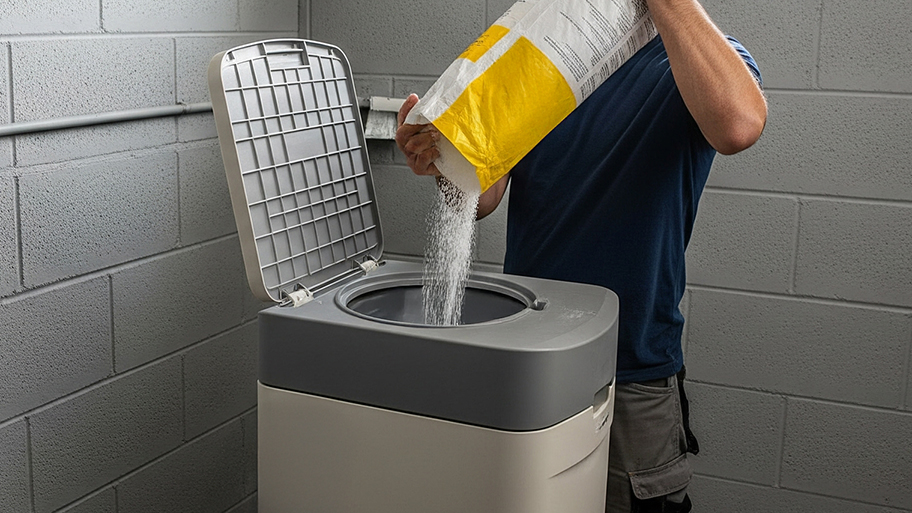
How much a water softener costs depends on your home’s size, and the system’s type and capacity. Our expert guide explores all the price factors.
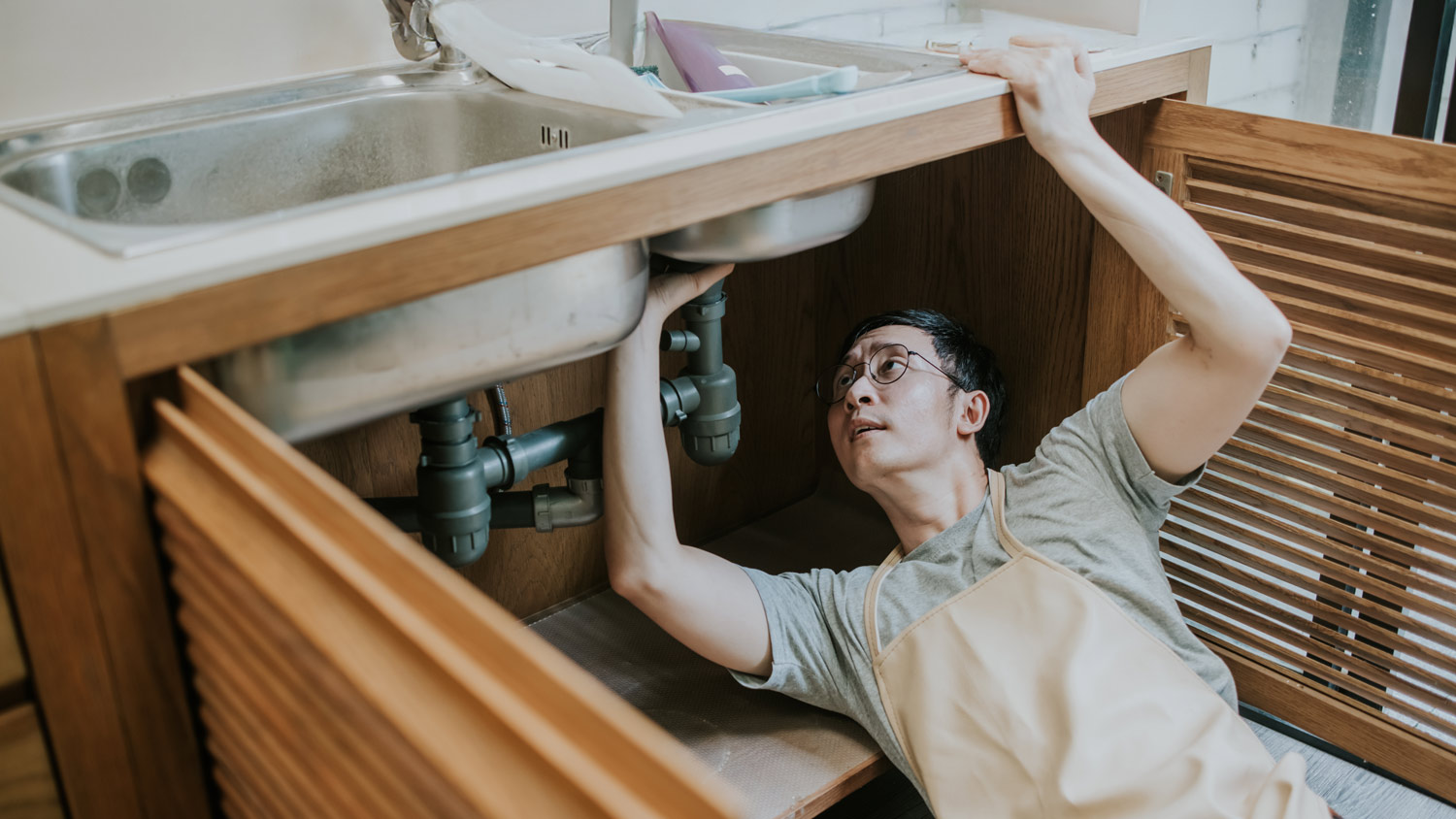
Your cost to install an under-sink water filter will depend on the type and size of system you choose and whether you need professional installation.
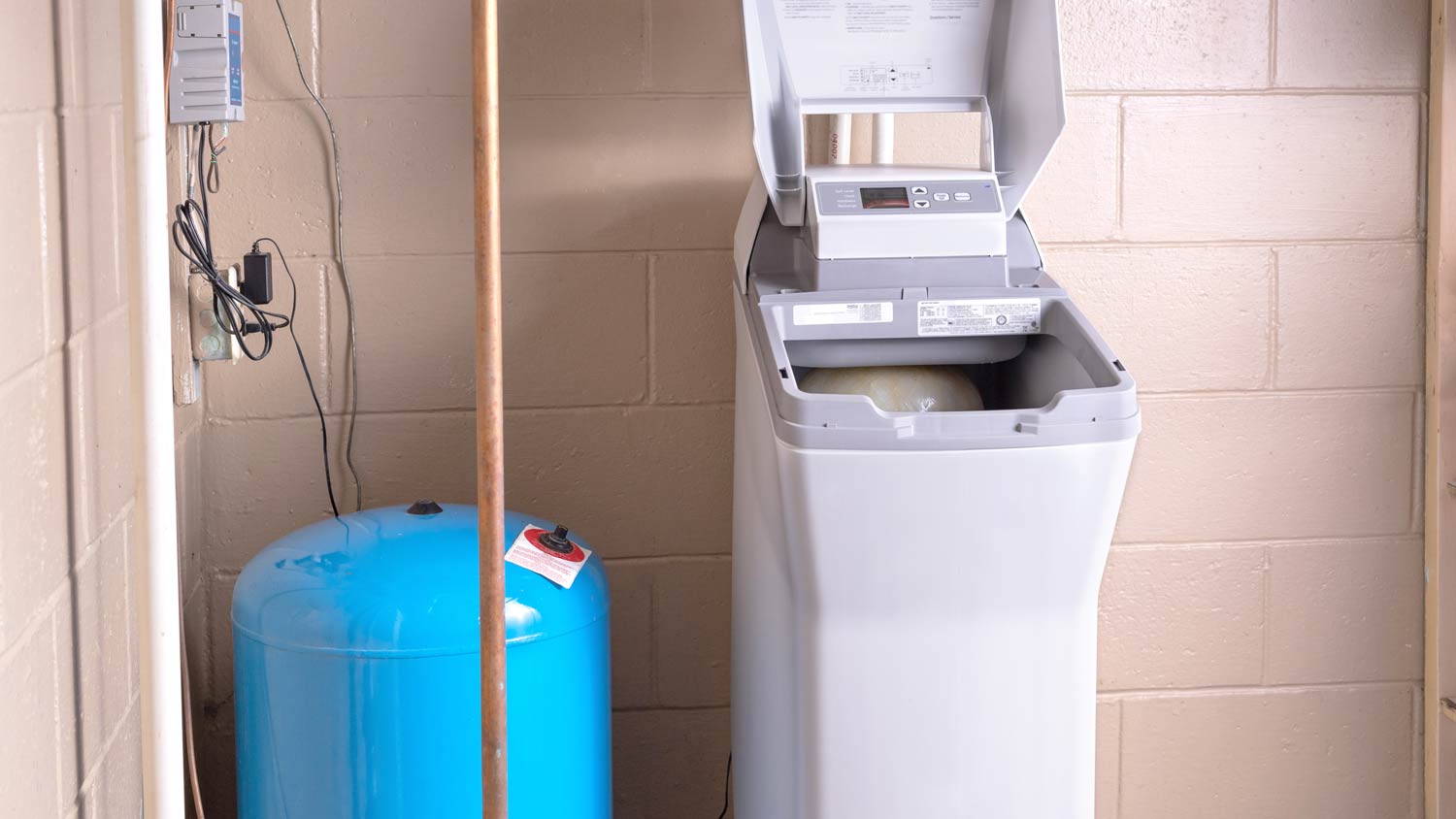
Hard water puts a damper on your pipes. Learn how to clean your water softener to keep the system running efficiently and prevent potential damage.
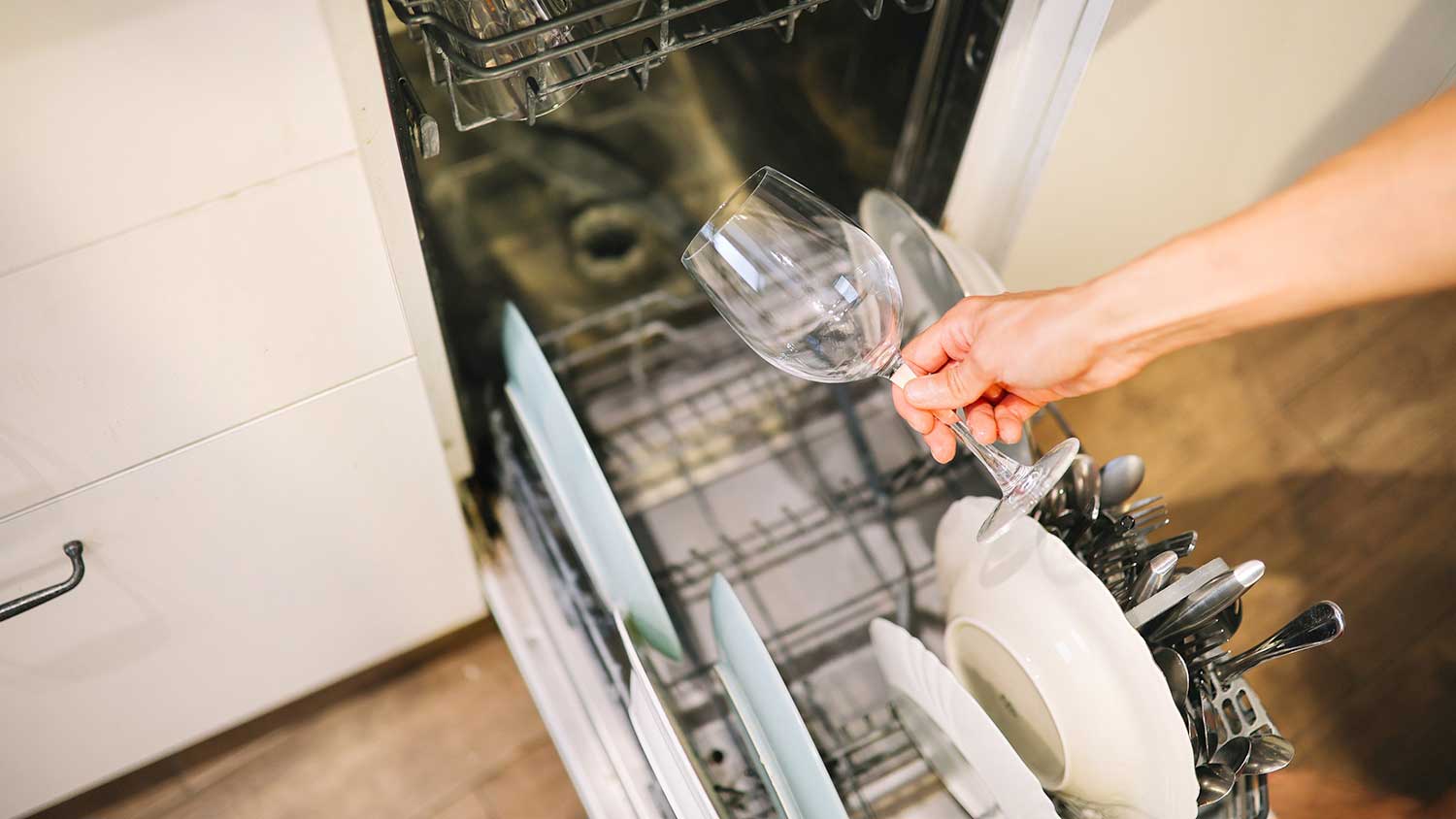
Knowing how to fix a clogged water softener will help you spot and stop a blockage so that soft, purified water always flows.
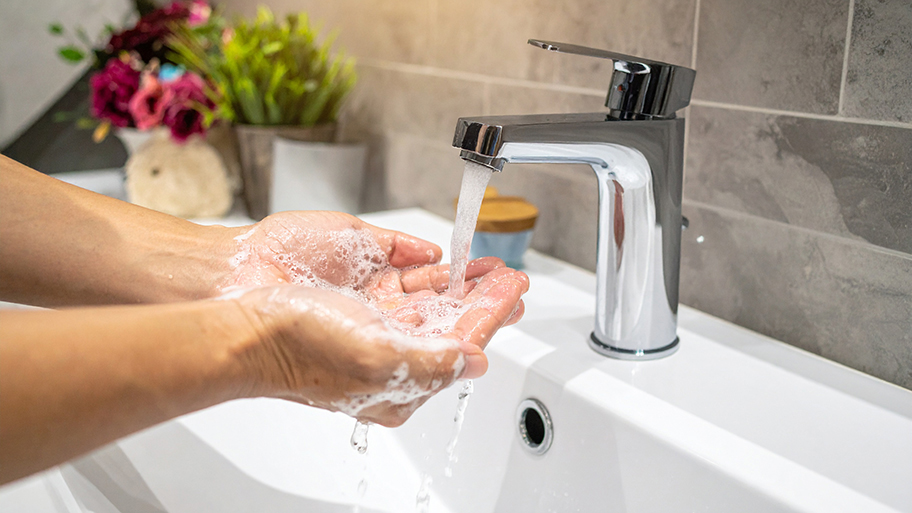
Need help dialing in your water hardness? Use this handy DIY guide on how to set a water softener to save money and get the best results possible.